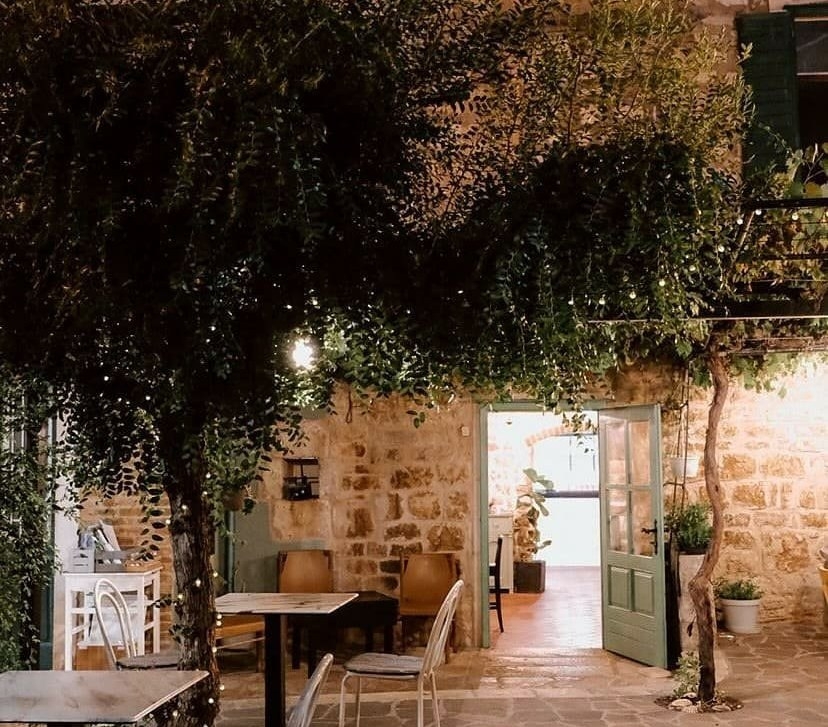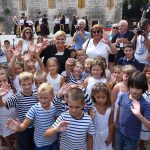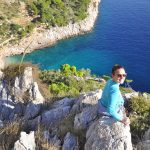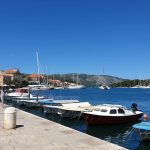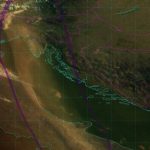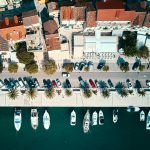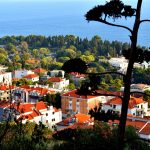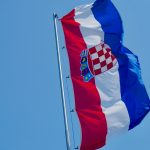August 3, 2023 – At some point, without much fanfare and advertising, Stari Grad on Hvar became the most desirable destination on the sunniest Croatian island. It might be because they’re the balanced middle – no partygoers like in the town of Hvar, but they have more interesting offers than the mellow Jelsa. And one of the very few places that serve 1 euro coffee in Croatia.
As Jutarnji writes, the streets of Stari Grad are studded with charming taverns, small restaurants, shops, and galleries. In one of them, not 20 meters from the waterfront, you’ll find the Nook – possibly the only restaurant offering 1 euro coffee in Croatia. Even Jutarnji were convinced that the menus were several years old, but they were not. All coffees in the restaurant, which, apart from a few tables on the street, has a luxurious terrace overgrown with oleanders, cost exactly the same – one euro. Short espresso, double with milk, white coffee… even iced coffee. They are all one euro.
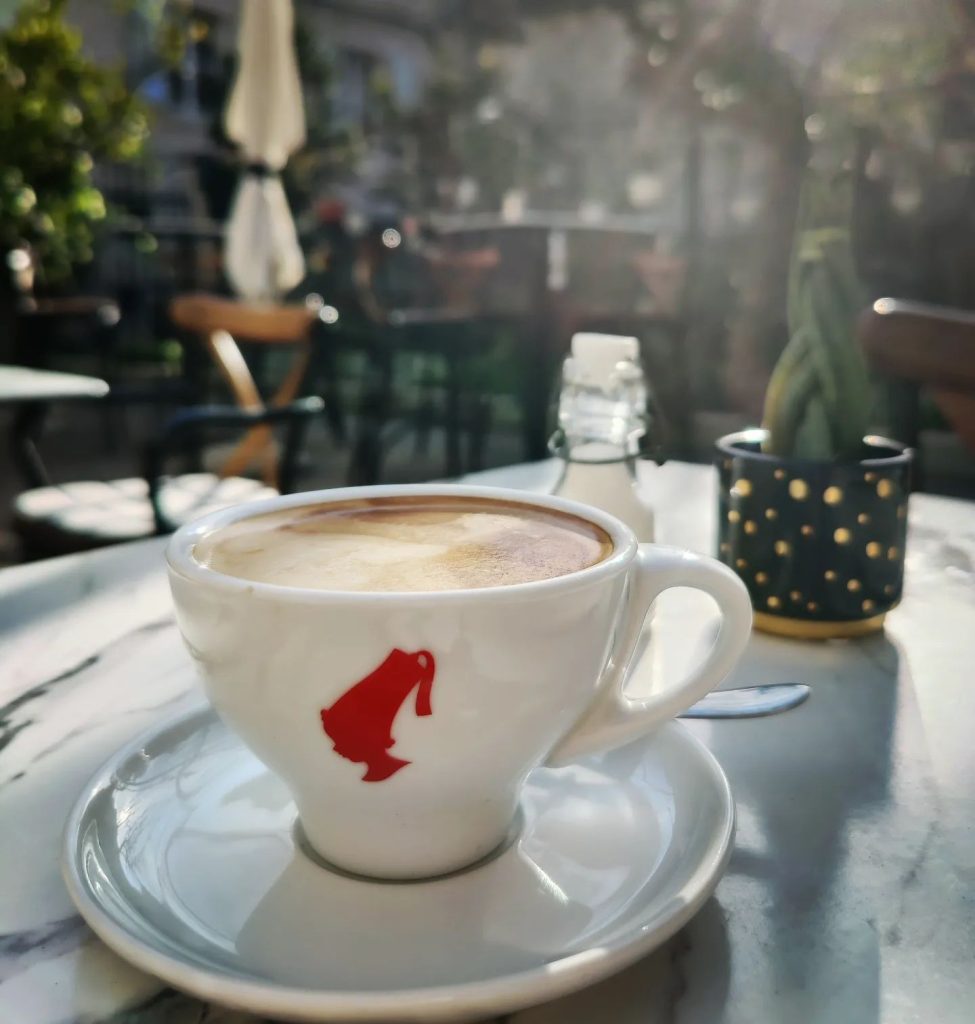
This season, when coffee on the Adriatic cheaper than 2.5 euros is considered a bargain, Nook in Stari Grad on Hvar sells it for one euro. And they don’t lose profit, either. Their iced coffee doesn’t come with ice cream or whipped cream, but the same kind was 4 euros in Jelsa. They say they don’t have these the ones without add-ons in their price list, so iced coffee is iced coffee, with or without ice cream. Along with the coffee, you’re served a jug of water, ice on the side, and rice chips with a nice dip. It was made by Tonino, who likes to make everything himself, buys local ingredients, and uses them to make sauces, spices, granola, chocolate… The cost for two people – two euros.
How can Nook serve their coffee for just one euro while others charge at least double, some even quadruple? “Coffee is pure profit; the custom is a margin of 75 percent, and our margin with this price is 10-15 percent. We simply hated the idea that this beautiful terrace remained empty in the morning. That, for me, is a sin, so in agreement with my husband, I started offering coffee for a euro. The same coffee cost three euros in February”, Dajana, owner of Nook, told Jutarnji.
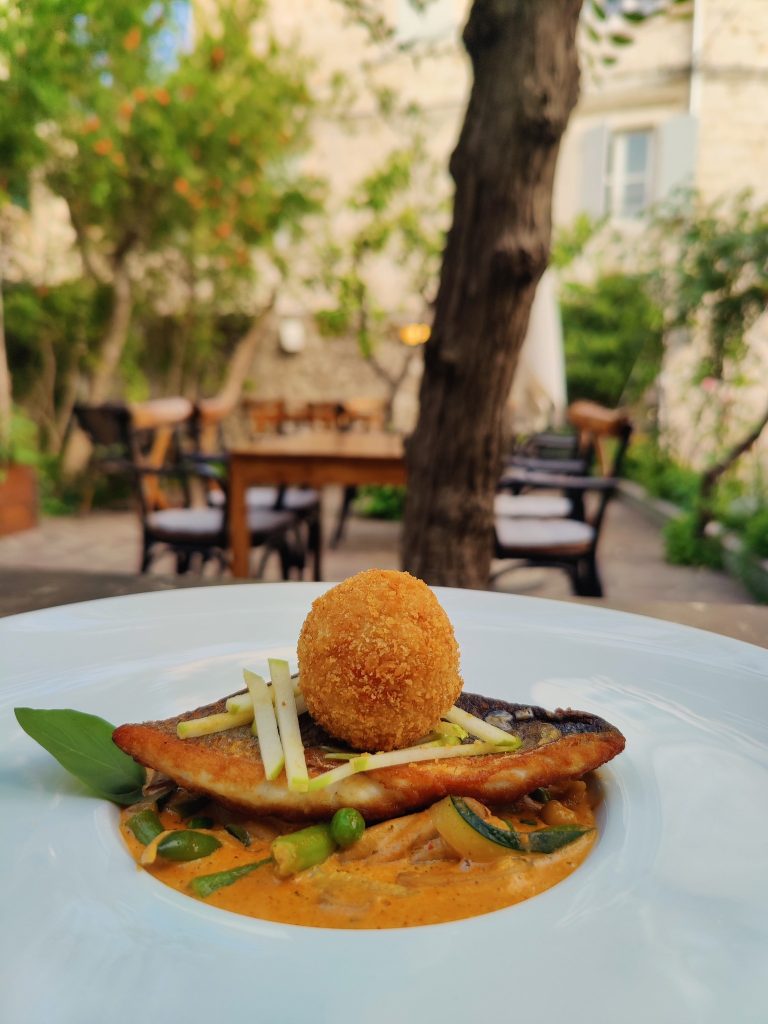
Dajana, who went into the world as a refugee from Sarajevo, and her husband, English chef of Italian origin Tonino Cataldo, have been guided by instinct, not wisdom. Two years ago, their first restaurant, opened during the pandemic, became the island’s number 1 restaurant on Trip Advisor. They closed it when it was at its peak, opened Nook in the current location, and started from scratch.
There were many beginnings in Dajana’s life. In 38 years, she lived in several countries – Great Britain, the USA, and the United Arab Emirates before settling on Hvar.
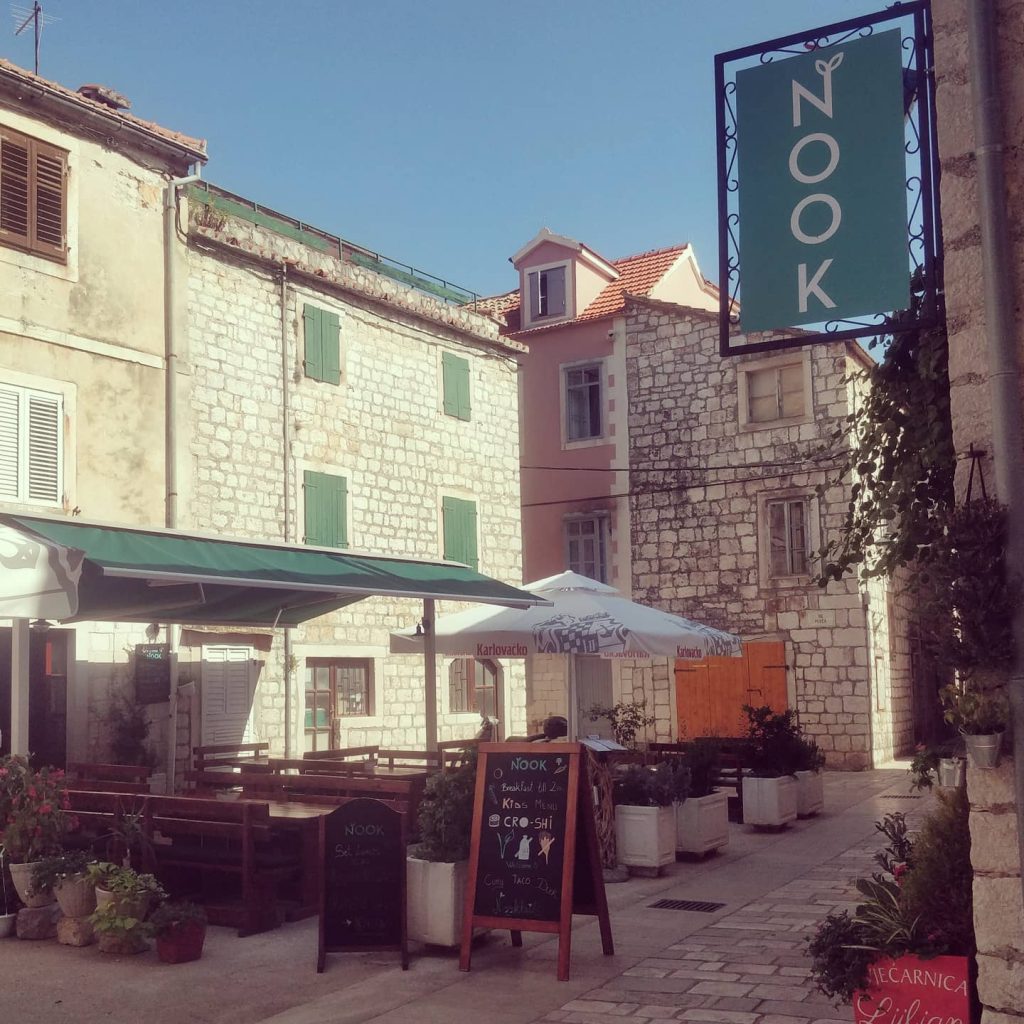
When she had to run away from Sarajevo as a little girl from a mixed family, she decided she would return one day. “I always wanted to go home, but when I returned, it was no longer the Sarajevo I remembered. Before that, I lived in America. I graduated in business management at the American studio RIT Croatia in Dubrovnik. After my disappointment with Sarajevo, I returned to the USA, and I wanted to go to Australia and even got a work visa. Before leaving, I wanted to visit Dubrovnik, where my sister lived. I wanted to work, and I knew a chef from Sarajevo who was the co-owner of two restaurants in Dubrovnik. It turned out that he moved to Hvar, I followed him, we fell in love, then went to England, came back, and here we are now in Stari Grad, says Dajana. Their restaurant is one of the few on the island that is also open in winter.
They entered this season with 12 employees because they were “looking forward to a repeat of last year.” “Reservations were made several days in advance. Everyone I know told me that they were fully booked in February, that “this one will be it,” “the hit season”… I can’t say for other destinations, but Hvar now has different visitors. There is plenty of people, but they’re spending far less. I had to let go of two people; there are currently ten left from all over the world. From Orašje, through Banja Luka and Sweden, to Argentina, Guatemala, and Colombia.

The other day we went out and had three cappuccinos, two glasses of fresh orange juice, and a bottle of water, and we paid 30 euros. Who can pay those sorts of prices? I earn Hvar money, and that’s too expensive for me”, she says. She has faith in September when guests with higher spending power traditionally visit Hvar. She has no problems finding workers; six employees are working their second year in a row. At the time of the visit, Dasha from Ukraine and Dunja from Banja Luka were on shift. Everyone’s salary is 1000 euros; they are provided an apartment and food. The restaurant is closed on Fridays, so everyone also gets a day off.
Dajana relies on “word of mouth” advertising; she did not advertise her one-euro coffee anywhere. Nor anything else.
Many things in the Dalmatian way of doing business perplex her; for example, no one plants and sells mint or lime, and they buy it individually. “Why? I don’t understand; I know that olives are profitable, but… From the beginning, we wanted everything to come from Hvar OPGs, and then we realized there was not much of it. Most things are imported, a lot of it from Herzegovina because it is the closest. This year, for the first time, I found homemade eggs and brandy that I could pay for using my business account because no one works like that, and I can’t otherwise justify my spending. People say I’m crazy that I bill everything, that 35 percent of traffic is plenty to report.”

